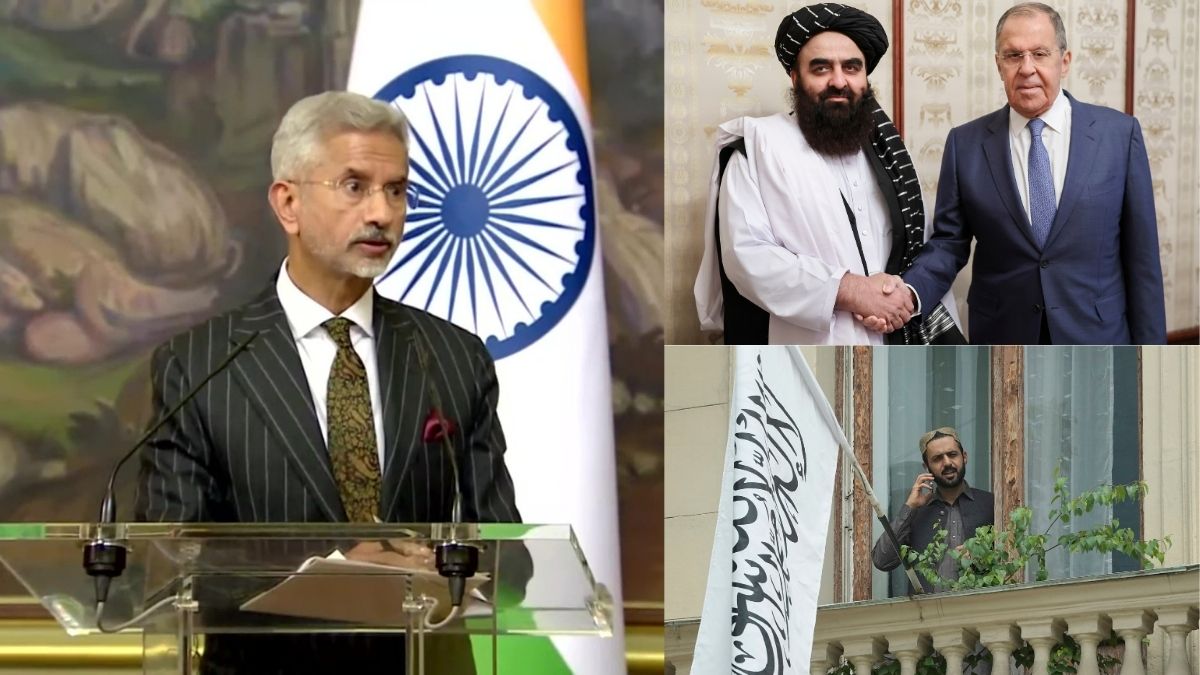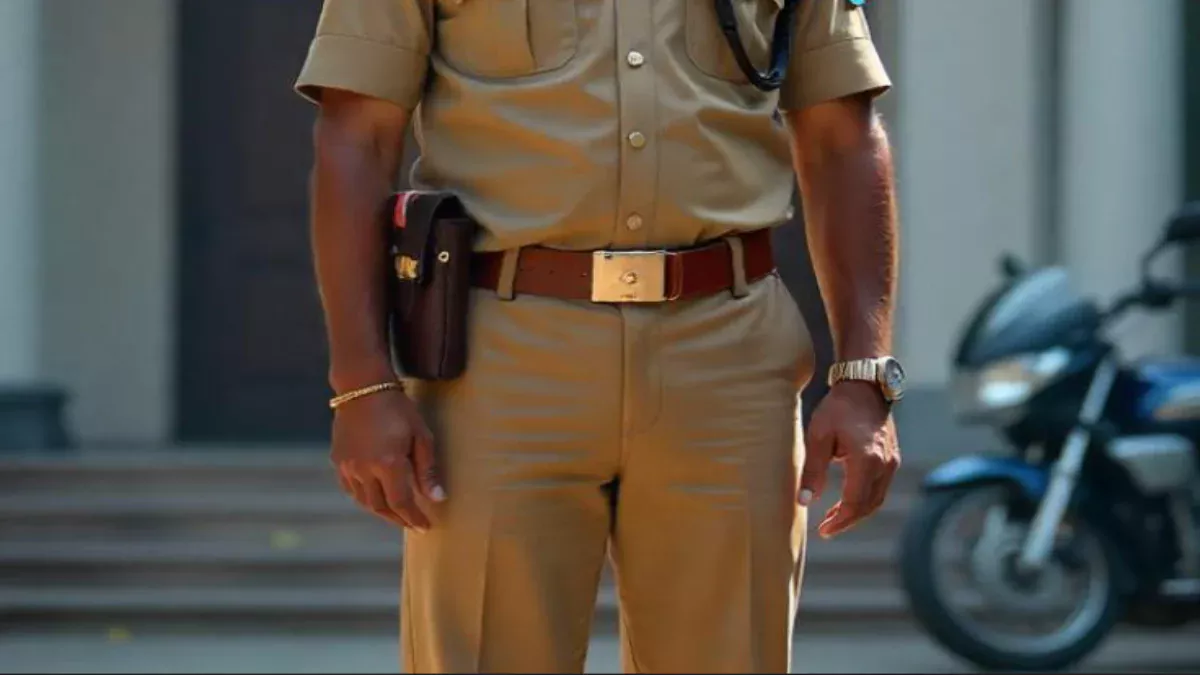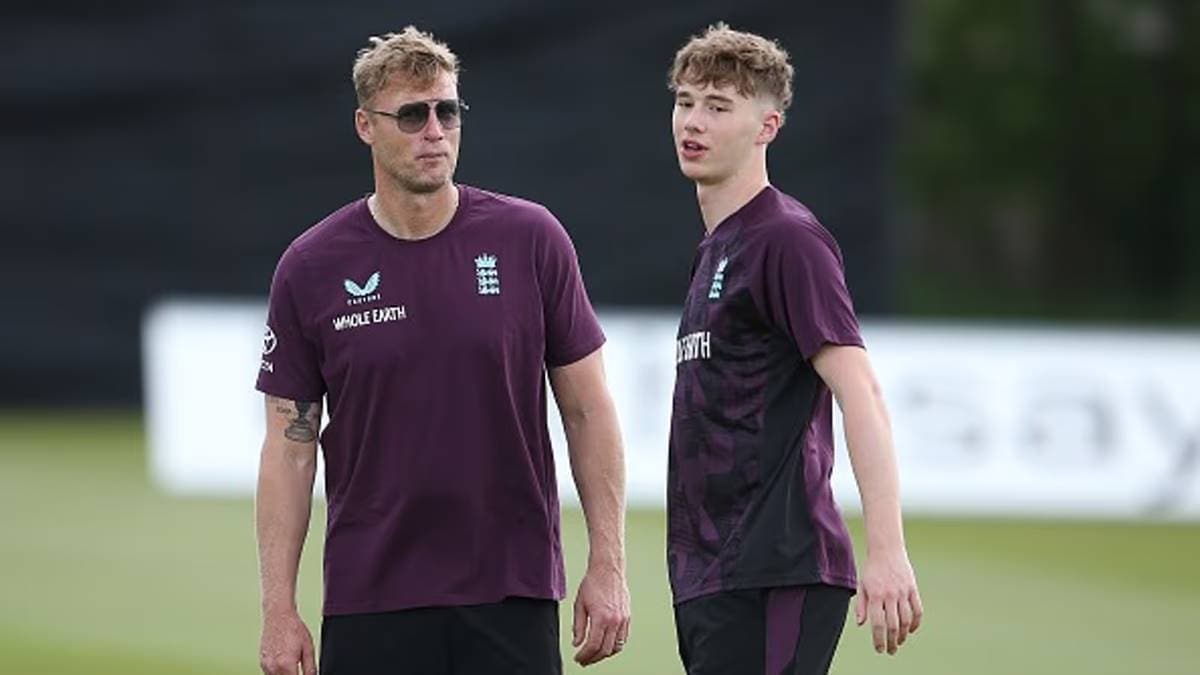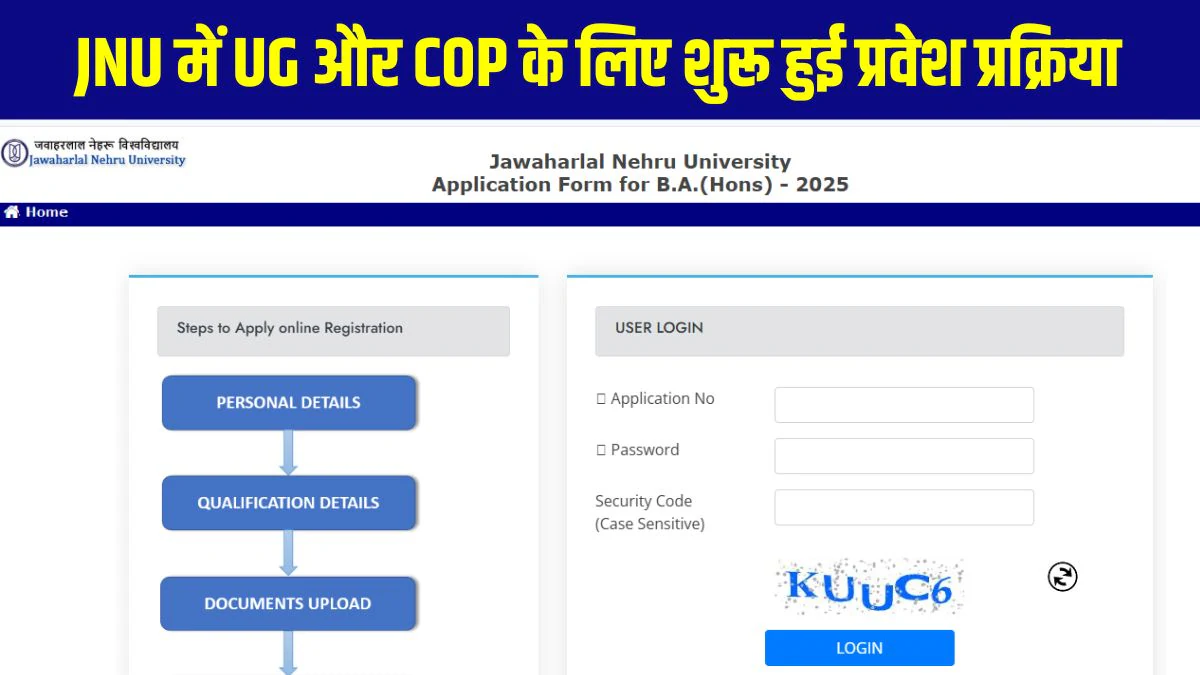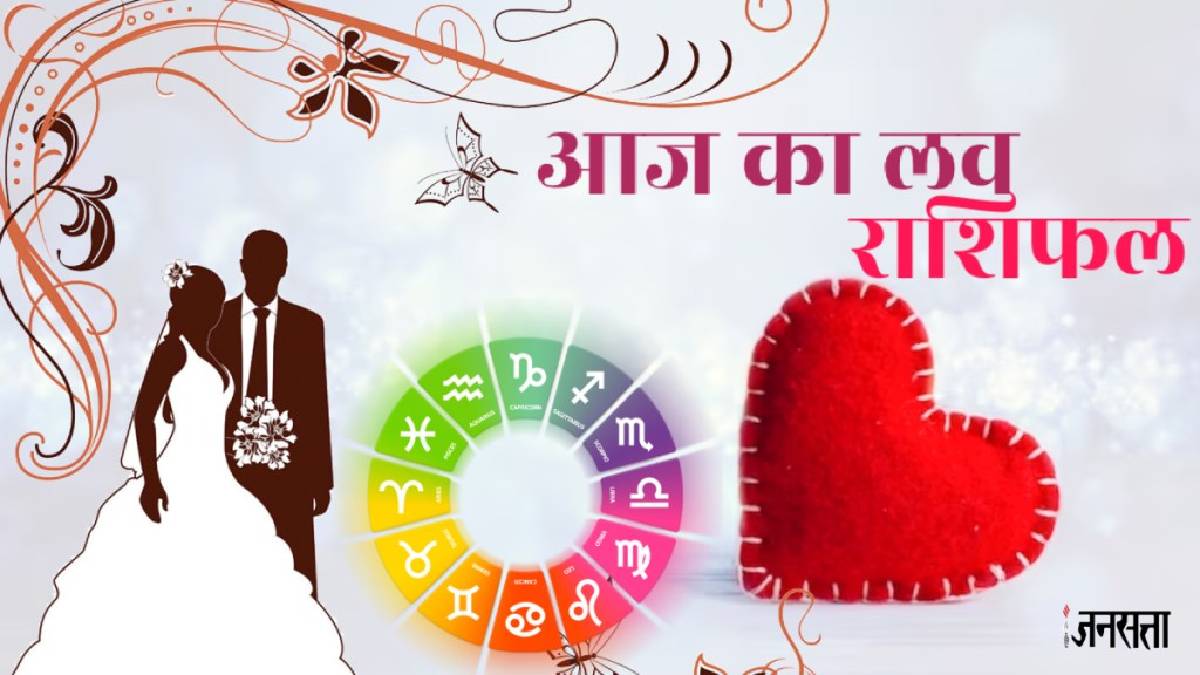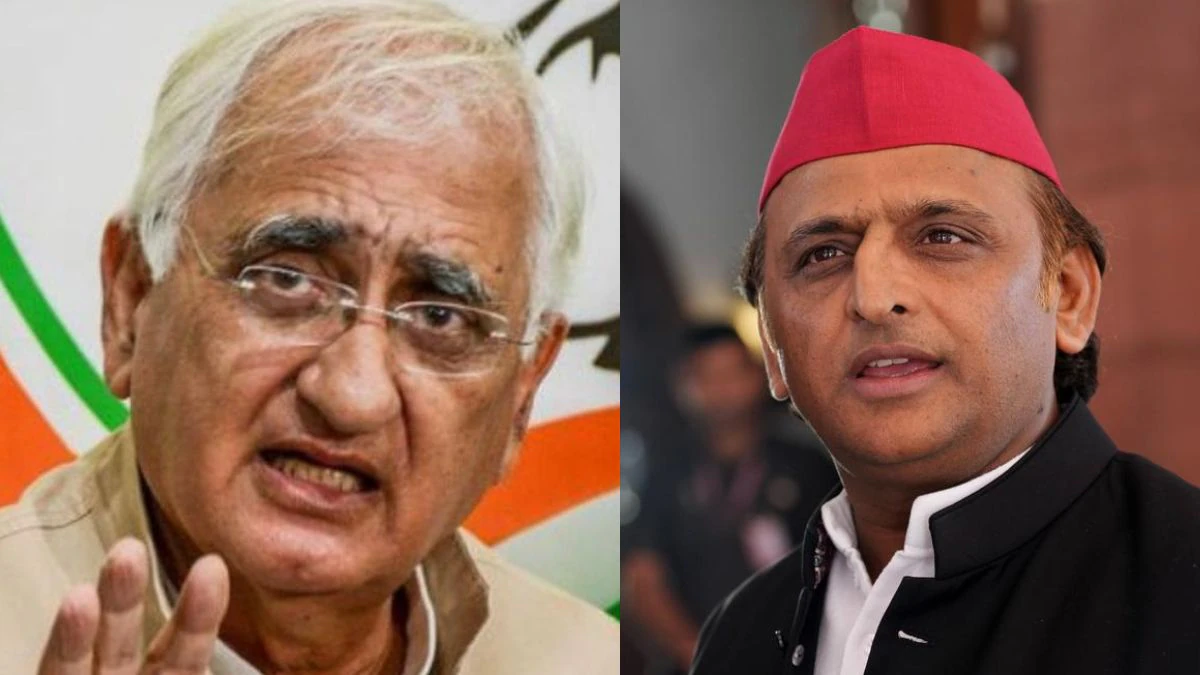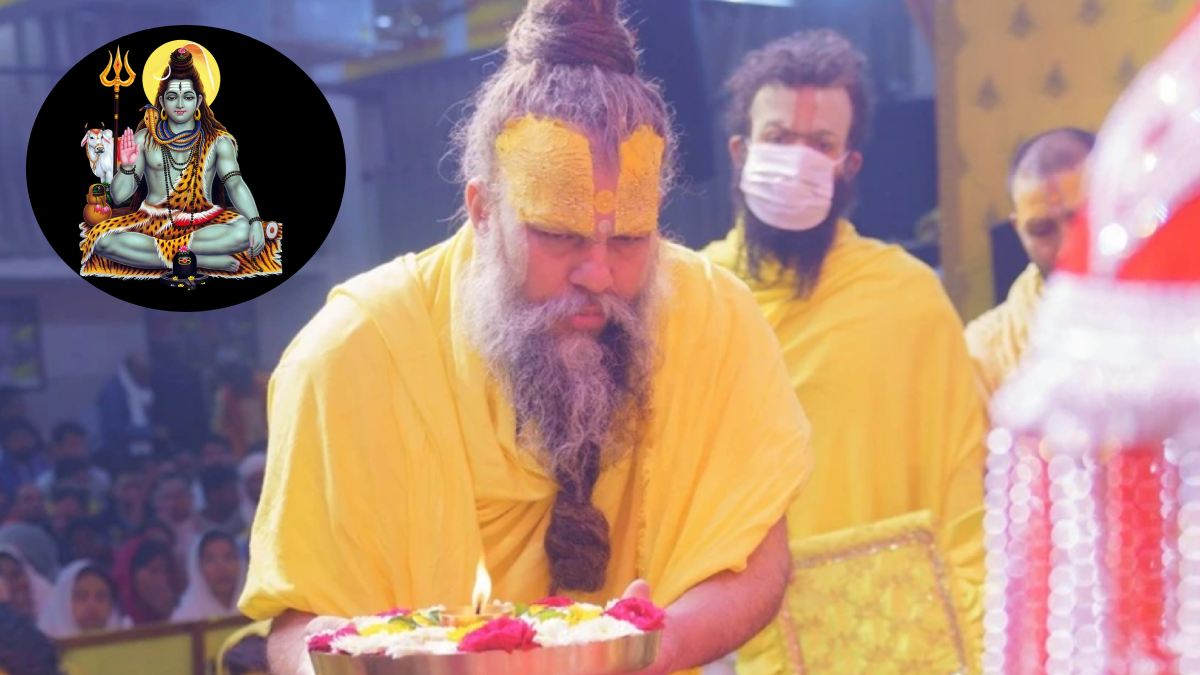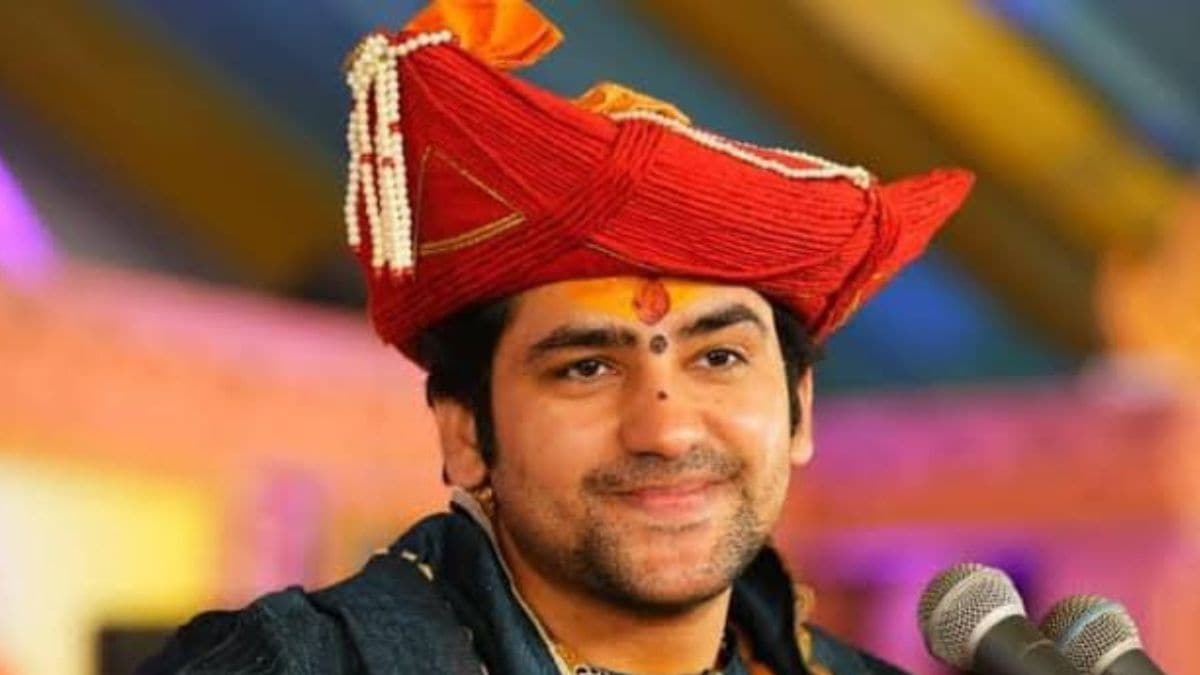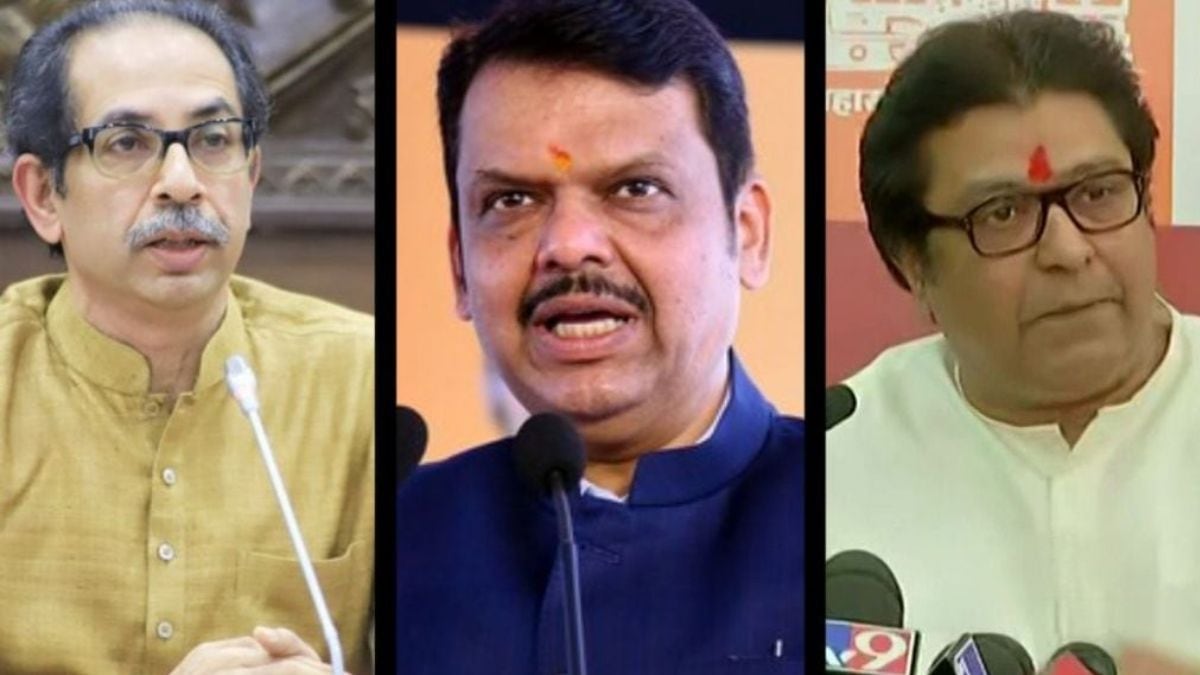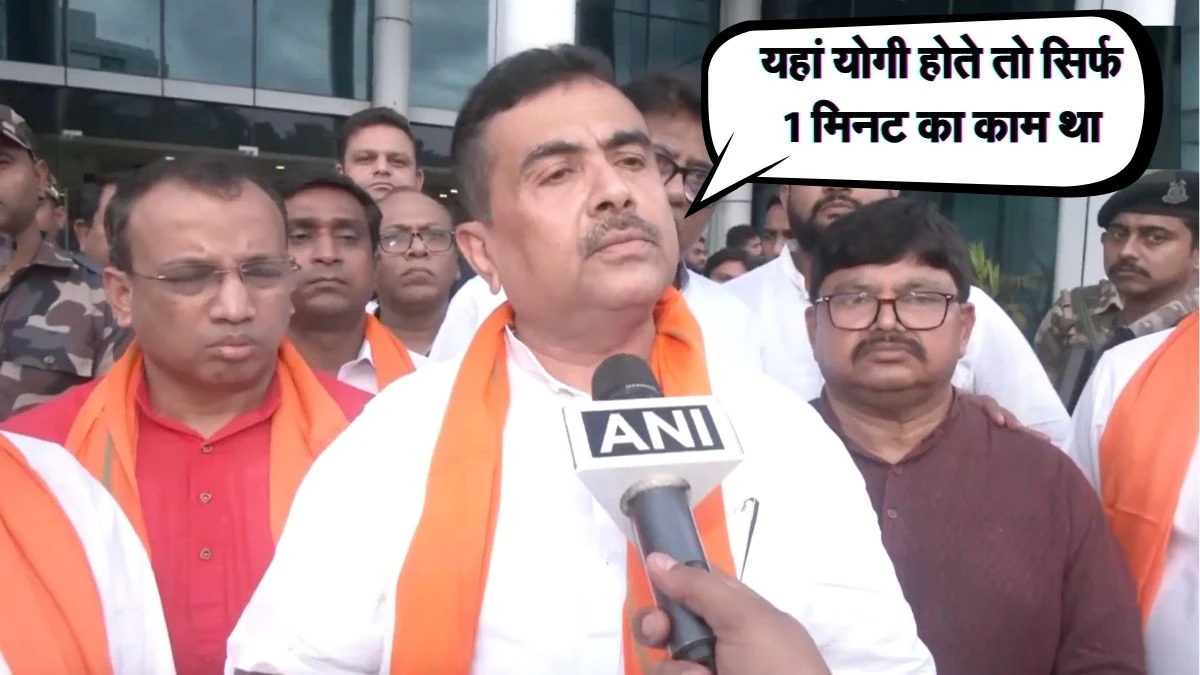After the BJP-led alliance scored a landslide victory in the November 2024 Maharashtra Assembly elections, both the ruling Mahayuti and the Opposition Maha Vikas Aghadi (MVA) camps have highlighted the significant role played by the RSS, the BJP’s ideological fountainhead, in the polls.
At a recent meeting of the NCP(SP), an MVA constituent, in Mumbai, party chief Sharad Pawar drew the attention of his cadre to the RSS’s push to the BJP’s campaign.
Pawar was learnt to have told his party rank and file: “The Assembly polls have demonstrated how the RSS cadre’s strong loyalty and commitment to their ideology work. Even we should work to build a strong and committed cadre that subscribes to the ideologies of Chhatrapati Shahu Maharaj, Mahatma Jyotiba Phule and Dr B R Ambedkar.”
NCP(SP) leader Jitendra Awhad, while acknowledging Pawar’s remarks, said, “The RSS reference was in context of the cadre’s commitment and loyalty. When something is good, why shouldn’t it be discussed? But it does not mean the NCP(SP) or its leader endorses their ideology.”
After the Mahayuti’s debacle in the April-June 2024 Lok Sabha polls, which saw it win just 17 of Maharashtra’s 48 seats, the role of the RSS in that election campaign, especially the effects of its perceived absence from electioneering, became a talking point. For the Assembly elections held months later, the BJP sought help from the RSS for its campaign.
Devendra Fadnavis, the deputy chief minister at the time, had held at least half a dozen meetings with RSS leaders to work out the BJP and the Mahayuti’s campaign strategies including a plan to counter the Opposition’s “fake narratives”. The result was a resounding win – the alliance won 235 of the 288 Assembly seats. The BJP won 132 of the 149 seats it contested, and alliance partners, Eknath Shinde-led Shiv Sena and Ajit Pawar-led NCP, won 57 and 41 seats, respectively.
RSS role
Officially, the RSS has maintained silence on its role in the Maharashtra elections. It has neither taken credit nor openly spoken of its key role in helping the BJP clinch the polls in Maharashtra – as well as in Haryana.
Maharashtra BJP chief Chandrashekhar Bawankule said, “The role of the RSS and all its frontal organisations in the Maharashtra polls was huge. Their door-to-door campaign helped us turn defeat to victory.”
A senior RSS functionary said, “We are now a hundred-year-old organisation. Two outstanding aspects of our organisation are its commitment and dedication. Whatever task is assigned to individuals is carried out without questioning or pause.” Moreover, he explained, “While deliberations are integral for those at the helm, once the decision is taken it is applicable to one and all.”
The RSS leaders draw a distinction between their organisation and the BJP, pointing out that the latter is a political party. However, referring to its Hindutva agenda, RSS sources admitted that “The comfort with BJP is natural as it also subscribes to our uniform ideology.”
Despite their close ties, the RSS and the BJP have had their differences in the past on various issues. On certain occasions, like in the wake of the 2024 Lok Sabha elections, RSS chief Mohan Bhagwat obliquely criticised the BJP.
RSS and Opposition
In Sharad Pawar’s comments on the need for his party to have a committed cadre similar to that of the RSS, which would subscribe to the ideologies of Shahu-Phule-Ambedkar, is the point that there is a space for a non-Hindutva or secular social platform to unite people.
While the Congress has the Seva Dal, an organisation founded in 1923 in Nagpur for the larger Independence struggle that was a pillar of the party but gradually weakened, no party in Maharashtra can turn to an organisation of the scale of the RSS to complement its politics.
When Bal Thackeray founded the Shiv Sena in 1966, he had said it would be “80% social work and 20% politics”. But now, both the Sena (UBT) led by his son Uddhav and the Shinde-led Sena are essentially political parties.
While there are many socio-economic fronts, including a robust cooperatives sector in Maharashtra that formed the political backbone of the Congress and undivided NCP from 1960s to 2000s, their impact on state politics have since diminished.
Stay informed with access to our award-winning journalism.
Avoid misinformation with trusted, accurate reporting.
Make smarter decisions with insights that matter.



